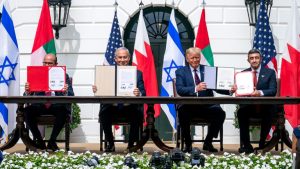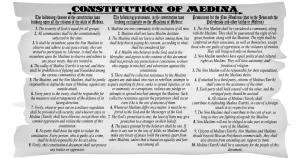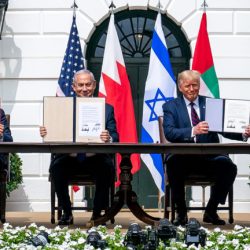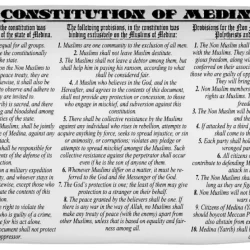The International Bill of Human Rights is a set of international treaties and declarations that establish universal human rights. It originated in the aftermath of World War II when countries recognized the need for a full list of fundamental human rights. In 1948, the United Nations General Assembly adopted the Universal Declaration of Human Rights (UDHR), which was a groundbreaking moment in the evolution of international human rights law.
Later in 1966, the United Nations General Assembly ratified two international treaties that would shape international human rights law: the International Covenant on Economic, Social, and Cultural Rights (ICESCR) and the International Covenant on Civil and Political Rights (ICCPR). Together, these two treaties form what is commonly known as “the International Covenants.”
The International Bill of Human Rights outlines a broad range of human rights, including civil, political, economic, social, and cultural rights. These rights are essential to the well-being and dignity of every person and serve as a reminder to governments and organizations around the world of their responsibility to protect and uphold these rights. The International Bill of Human Rights continues to be an important document in the fight for human rights and serves as a guiding principle for governments and organizations around the world.
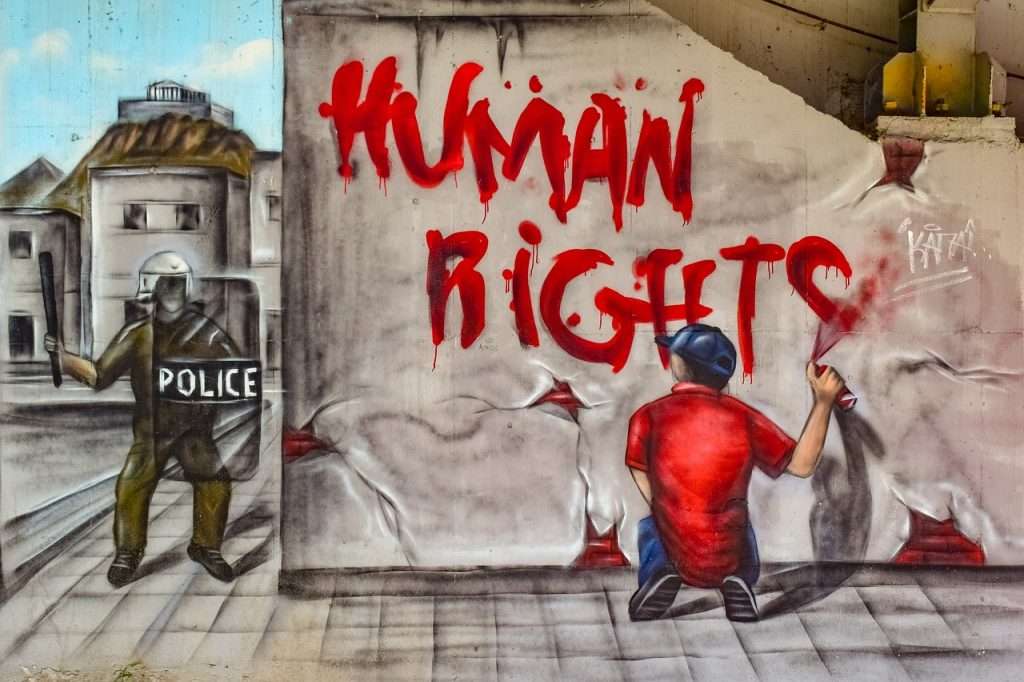
The International Bill of Human Rights
The International Bill of Human Rights comprises the Universal Declaration of Human Rights, the Covenant on Economic, Social, and Cultural Rights, the Covenant on Civil and Political Rights, and optional protocols to these covenants.
The Universal Declaration of Human Rights begins by recognizing that “the inherent dignity of all members of the human family is the foundation of world freedom, justice, and peace.” It proclaims that human rights are universal — that they should be enjoyed by everyone, regardless of who they are or where they reside.
The Universal Declaration of Human Rights
The Universal Declaration of Human Rights is a document that outlines the basic human rights that every person is entitled to, regardless of race, gender, nationality, or any other factor. These rights include both economic, social, and cultural rights as well as civic and political rights.
Some of the fundamental rights outlined in the declaration include the right to life, liberty, and free expression. Additionally, every person has the right to privacy and the right to social security, healthcare, and education.
The declaration serves as a guiding principle for governments and organizations around the world to ensure that these basic human rights are protected and upheld for all individuals. By recognizing and respecting these rights, societies can strive toward greater equality and justice for all.
The features of the Universal Declaration of Human Rights
International Covenant on Civil and Political Rights
The International Covenant on Civil and Political Rights is a document that grants individuals a wide range of civil and political human rights, all of which are essential to a fair and just society. Some of these rights include protection from torture and other cruel, inhuman, or humiliating treatment or punishment. Additionally, every person is entitled to a fair trial, where their rights are protected and they are given a fair chance to defend themselves.
The Covenant also guarantees the freedom of thought, religion, and expression, recognizing that these are fundamental to human dignity and liberty. Individuals have the right to their personal space, home, and family life, which are protected by law. Non-discrimination and equality are also enshrined in the Covenant, ensuring that all individuals are treated with fairness and respect, regardless of their race, gender, or any other factor.
What is the rule of law and why is it important in a democratic society?
The International Covenant on Civil and Political Rights is a crucial document in the fight for human rights, as it recognizes the fundamental importance of these rights to the well-being of individuals and society as a whole. It serves as a reminder to governments and organizations around the world of the need to uphold these rights and to protect the dignity and freedom of every individual.
International Covenant on Economic, Social, And Cultural Rights
The International Covenant on Economic, Social, and Cultural Rights is a document that protects the economic, social, and cultural rights of individuals around the world. It recognizes that these rights are essential to a fulfilling and dignified life and that they are integral to human well-being.
One of the most significant rights guaranteed by the Covenant is the right to education. Every person is entitled to a free, quality education that prepares them for life and allows them to pursue their dreams. Additionally, the Covenant protects the right to fair and just employment conditions, ensuring that every worker is treated with respect and dignity.
Individuals also have the right to a sufficient standard of living, which includes access to adequate food, water, housing, and healthcare. The Covenant recognizes the importance of healthcare and guarantees individuals the maximum possible level of health, ensuring that they can live healthy and fulfilling lives. Finally, social security is also protected under the Covenant, providing a safety net for individuals who may be unable to support themselves due to illness, disability, or old age.
What does the Rule of Law mean, and what are its fundamental principles?
Overall, the International Covenant on Economic, Social, and Cultural Rights is a crucial document that recognizes the fundamental importance of economic, social, and cultural rights to human dignity and well-being. It is a reminder to governments and organizations around the world of the need to protect and uphold these rights, and to work towards a world where every person can live a fulfilling and dignified life.
The International Bill of Rights has been hailed as a watershed moment in human rights history, serving as the ethical and legal foundation for all United Nations human rights work. The International Bill of Rights’ adoption effectively universalized the concept of human rights.


